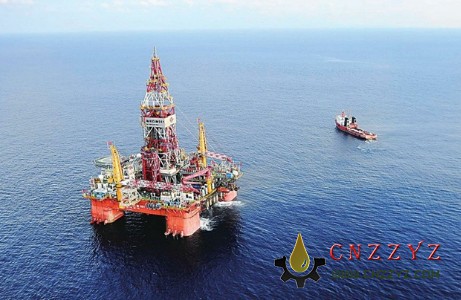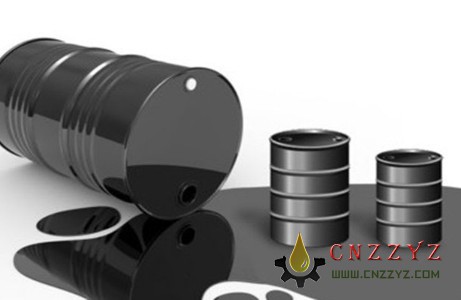石油设备网讯 据普氏能源咨询休斯敦11月15日消息,埃克森美孚船舶燃料风险投资经理Luca Volta周四在休斯顿的一次会议上表示,未来20年全球运输能源需求预计将增长25%,主要是受到商业和贸易增长的推动。
全球需要在船舶燃料组合方面进行创新,以满足这种新的运输能源需求。
Volta在挪威总领事馆主办的航运业脱碳问题会议上表示,这种新的燃料组合对满足世界近期的能源需求至关重要。
Volta表示:“未来船舶行业面临的最大挑战是能源密度,能源密度指的是一个标准质量单位所包含的能源。”
Volta表示,未来的燃料必须“以安全、可扩展性、可靠性以及商业和技术可行性为基础”。
这些变化是国际海事组织(IMO)2020年船舶燃料新规即将到来的结果。IMO已将船舶在公海上燃烧船用燃料时所能排放的硫含量从3.5%降至0.5%。
庞晓华 摘译自 PLATTS
原文如下:
ExxonMobil says transportation energy demand to rise by 25% in next 20 years
Transportation energy demand is expected to increase by 25% over the next 20 years, mostly driven by an increase in commerce and trade, ExxonMobil's Marine Fuels Venture Manager Luca Volta said at a conference in Houston on Thursday.
Innovations are needed in the marine fuel mix to meet this new transportation energy demand.
This new fuel mix is critical to meeting the world's energy needs in the near future, Volta said at a shipping conference hosted by the Norwegian Consulate General on the issue of decarbonizing the maritime industry.
"The greatest challenge for the marine industry in the future is energy density, when referring to fuels," he said. Energy density refers to how much energy is contained in a standard unit of mass.
The fuels of the future must be "underpinned by safety, scalability, reliability, and commercial and technical viability," Volta said.
These changes are a result of IMO 2020 coming up on the horizon. The International Maritime Organization has lowered the amount of sulfur that ships can emit as they burn bunker fuel on the high seas to 0.5% from 3.5%.






